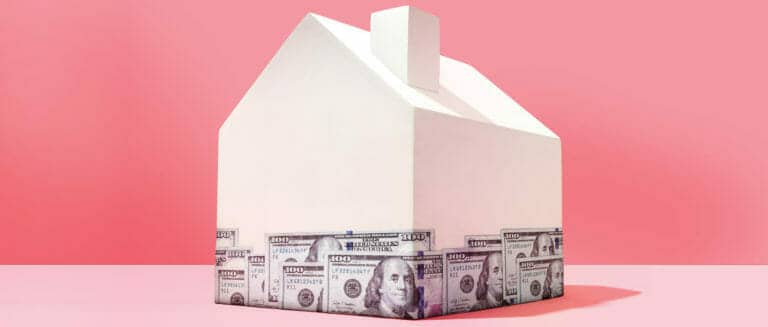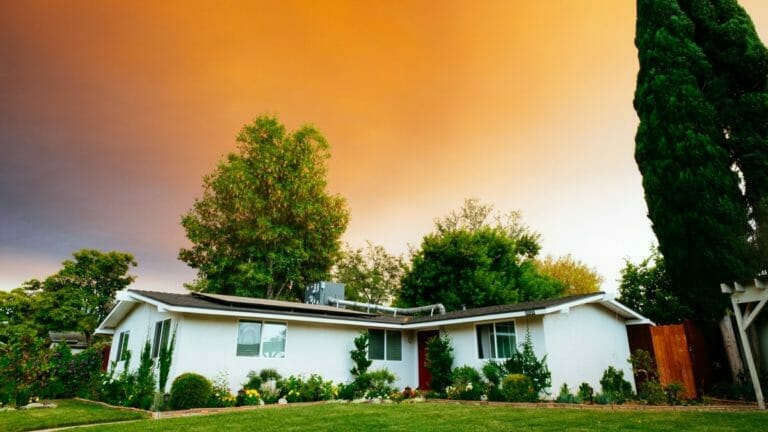Buying a house has long been a staple of the American dream; go to college, get a job, get married, buy a house, and have some kids. Home buying is just one of the things you have to check off the list in order to be considered a grown up. But is home ownership all that it’s been sold to us as?
Apparently, some Americans are starting to see through the white picket fence fairy tale.
The millennial generation came of age under the shadow of the housing bust in 2008, and while the housing market has since recovered, many millennials remain unable or unwilling to ditch renting in favor of homeownership.
For millennials ages 25 to 34, homeownership is 8 percentage points lower than baby boomers at that age and 8.4 points lower than Generation X.
There are a variety of reasons Millenials aren’t becoming home buyers and the fact that they’re saddled with tens of thousands of dollars in student loan debt is just one of them.
But buying a home has long been considered a good investment. But is it?
We can all agree that a good investment is something that makes money for you. Does a house do that? Hopefully, one day.
But between now and one day, your dream home is going to cost you money. So is buying a house a good investment? It can be when the house you buy is a rental property.
Is owning a house important in life?
You finally paid off all of your high-interest credit card debt, you refinanced your remaining student loan debt to a better interest rate.
You have an emergency fund and an opportunity fund. Your credit score is over 760 (the score you need to get the best interest rate on a home loan).
Your debt-to-income ratio is under 36%.
You believe you are ready to go forward with buying a house, the largest purchase you will probably ever make. You need a place to live and you are tired of “throwing your money away” each month on rent.
Your home purchase will make a great investment, right?
That depends. Do you want a home or do you want an investment? Do you seek security or freedom?
There are a lot of articles explaining the trade-offs between renting and buying but this article is not one of those.
This is for the person who wants to invest in real estate but doesn’t know if a home should be where you live, a
Let’s break it down for you
A good investment is something that will pay you more than you paid for it. One of the most well-known personal finance authors is Robert Kiyosaki.
Kiyosaki’s teachings and seminars have generated controversy but I think his definitions of assets and liabilities in Rich Dad, Poor Dad are excellent and very simple to understand.
An asset is anything that puts money into your pocket. A liability is anything that takes money out of your pocket.
So is a home a good investment? Does your personal residence put money into your pocket or take money out of your pocket?
Every month you have to pay the mortgage, insurance, property taxes.
Even if the house is paid off you are still spending money maintaining the house and paying your taxes and insurance.
The house is still taking money out of your pocket. Your paid-off house might make your net worth look good but the equity is locked up in the home.
So if you actually need to access that money, you either need to refinance, open a HELOC account, or sell the house and then you are back to having mortgage debt or looking for a place to live.
Get cash using your equity. Figure provides a speedy online application process with same-day approval and funding in as little as 5 days. Choose between a HELOC, cash-out-refi, or mortgage refinance.
But what about home value appreciation — does that make your primary residence an asset? It can if the purchase is timed just right, but most times it is not.
Let’s Do The Math
Imagine you financed your $100,000 home 30 years ago at a low 5% interest rate and today your home got appraised at $300,000!
Wow, you got a total return of 200%! What a great investment, right? To answer, we must look beyond just the mortgage payment.
Over 30 years you paid $92,422.95 in interest to the bank. Add in $2,000 a year for 30 years for taxes and insurance. This is a total price of $252,422.95 so far.
What about ongoing maintenance and repairs? A popular rule of thumb states you will average 1% of the purchase price in ongoing maintenance and repairs, so now we need to add in $1,000 for each year.
That brings the grand total investment to $282,422.95. We didn’t even account for inflation which averages 3-4% a year.
The 200% total return, or 3.7% annual return, is now looking more like a 0% forced savings account. When you eventually sell the house you will get a nice big check but don’t confuse it with an investment, you are just getting money out that you put in over the years.
An Investment Property
So how is purchasing an investment property different? It’s not. There are still expenses that must be paid – the difference is you are not the one making the payments.
Your tenant makes those payments.
On our $100,000 home example, you put down $20,000, and then for the next 30 years, the tenant’s rent check covered the mortgage monthly payment, taxes, insurance, repairs, and upgrades.
You increased your rent to stay ahead of inflation and yearly property tax increases.
Your $300,000 home is now a 1,400% return or 9.4% annual return based on the $20,000 you paid toward the house. Estimating a very conservative $100 per month cash flow over 30 years is an additional $36,000 into your pocket.
Assuming you invested in a good cash-flowing home, your tenant gives you more each month than what it takes to own the home. You are leveraging someone else’s time and money and now that same home is an asset.
But…Where Will I Live?
But you still need to live somewhere! Take a look at your life and ask yourself: will you live in this area five or ten years from now?
The US Department of Labor says workers are with their current employer for a median of 4.6 years; for workers between ages 25-34, it’s only 3 years.
Millennial generation members move around more than their parents did and certainly much more than their grandparents. The world is evolving into a more global society and many people do not want to feel locked down to one area.
Sometimes it just makes sense to live in a rental. Maybe you could buy your dream home for $300,000 or rent it for $2,000 a month.
You could afford the rent, but you can’t manage to save up the $60,000 needed for the down payment and the other $15,000 for closing costs.
In that case, you can still live in your dream home, just as a renter. Or if you know you will only live in the area for a few years it doesn’t make sense to spend so much time going through the home-buying process and so much money on closing costs and commission to your real estate agent.
To Buy or Not to Buy
I realize it sounds like I’m totally against homeownership but that’s not true. Not every financial decision has to be based on what is best financially.
Owning a home has plenty of intangible benefits—pride of ownership, the freedom to customize with renovations, putting down roots for your family.
Those are all valid reasons to own a home. Homes can be a great purchase; just don’t tell yourself that your home is an investment.
Math, specifically the opportunity cost of your down payment, says to invest in a rental property. Not your personal residence, every time.
Some personal finance gurus like Dave Ramsey advise you to buy your residence and pay it off as quickly as possible. In fact, Ramsey wants you to get a 15-year mortgage, live below your means, pay off all your debt.
Paying down your mortgage might preserve wealth but it will not create wealth. It appeals to a need for security and the satisfaction of being debt free.
People say homeownership is an excellent path to build wealth. I would change that to say rental property ownership is an excellent path to build wealth.
Ramsey has valid points though. If you have extra money each month and are trying to decide between paying off your mortgage and buying a new expensive car, please pay your mortgage.
But if the decision is between paying off your mortgage and investing your money in the stock market or in a new investment property, I would disagree with Ramsey and tell you to invest first.
Retirement Income
No one can retire on paying off a mortgage alone — you need to create monthly retirement income to replace your current job income.
Try not paying your property taxes and see who really owns your paid-off house.
Retirement income might come from investments like dividends, IRA withdrawals or rental properties. But if you’re planning on retiring early, you need to create income streams now since there could be a large gap between retirement and when you start withdrawing from your traditional IRA and 401k (age 59 ½) or collect Social Security (age 65).
Once you create enough passive income streams, you can travel, work, or fish all day while money comes to you. Your tenants are working to pay your bills for you.
Have Your Cake and Eat It Too
If you still can’t decide between buying a personal property or an investment property, you might get the best of both worlds in three ways.
You have all the intangibles of homeownership with all the financial benefits of owning a
Since all three options involve initially living in the home, the interest rate on the mortgage will be lower than the interest rate you would get on an investment property.
First Option – Buy your new home, live in it for a few years and then when you move out, you rent it and buy your next new home.
Second Option – Buy your first home and rent out the extra rooms to your friends so that they cover all your monthly expenses.
Third Option – Buy a small multi-family property (Duplex or Triplex), live in one unit while renting out the other units. If you want to read more about purchasing a multi-family property I recommend reading Real Estate Investing In Your 20’s.
These options are great ways to put a roof over your head and diversify your investments into real estate.
First-time home buyers will also learn invaluable lessons about home maintenance and being a landlord that you can use for your next home purchase.
Our proven, data-driven approach to building a portfolio of income-producing rental properties that perform in the long-term.
Is Buying a House a Good Investment?
There is no right answer for everybody. You need to look at your reasons for buying or renting a home against your short and long-term financial goals.
Then you can decide what is right for you and your family.
I am choosing freedom. The freedom to live wherever I want, to do whatever activities I want while the income streams I build up over my working years support all of my expenses in early retirement.
But we want to show you that you don’t have to follow the same path that everyone else follows to owning your first house.
So before you gather your credit report, tax returns, W-2s, pay stubs, and bank statements and start scouring open houses looking for the right home, ask what the right home means.
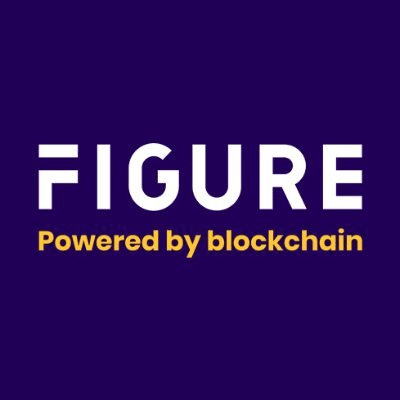
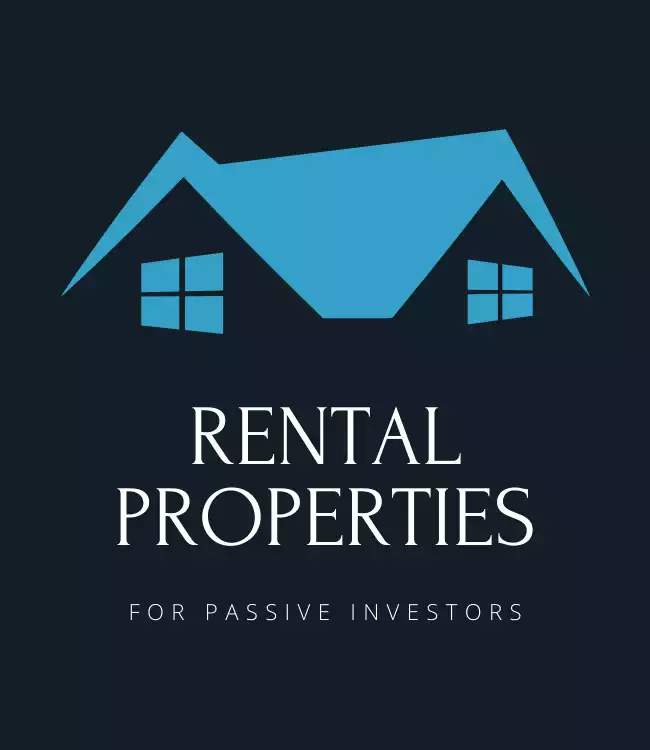
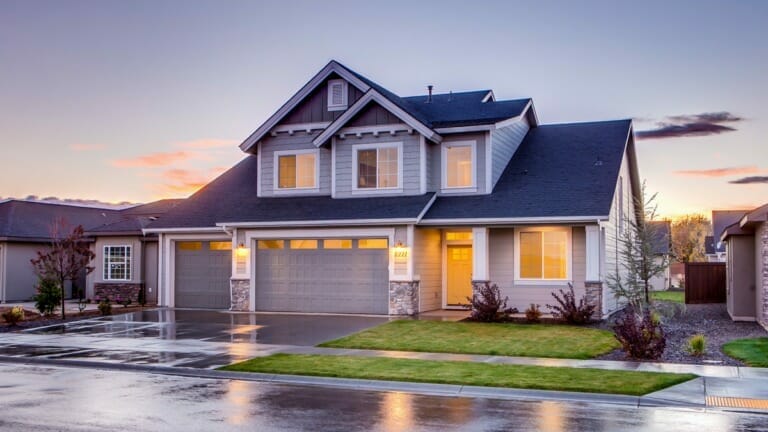
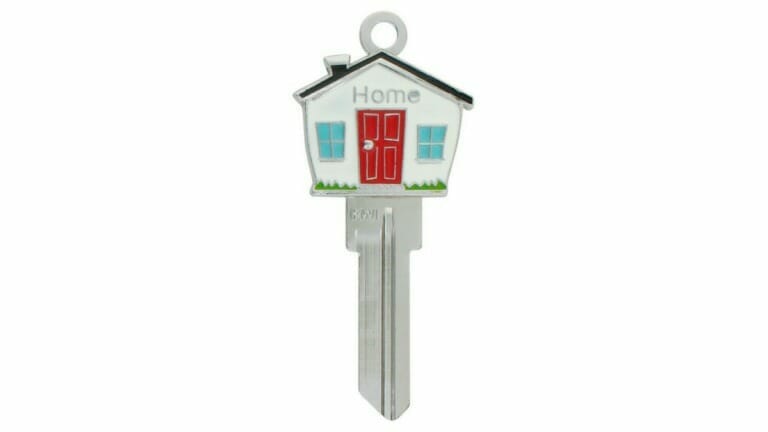
![Home Equity Loans: Requirements, HELOCs, and Securing One [UPDATED]](https://www.listenmoneymatters.com/wp-content/uploads/2019/02/home-equity-loans-768x432.png)
